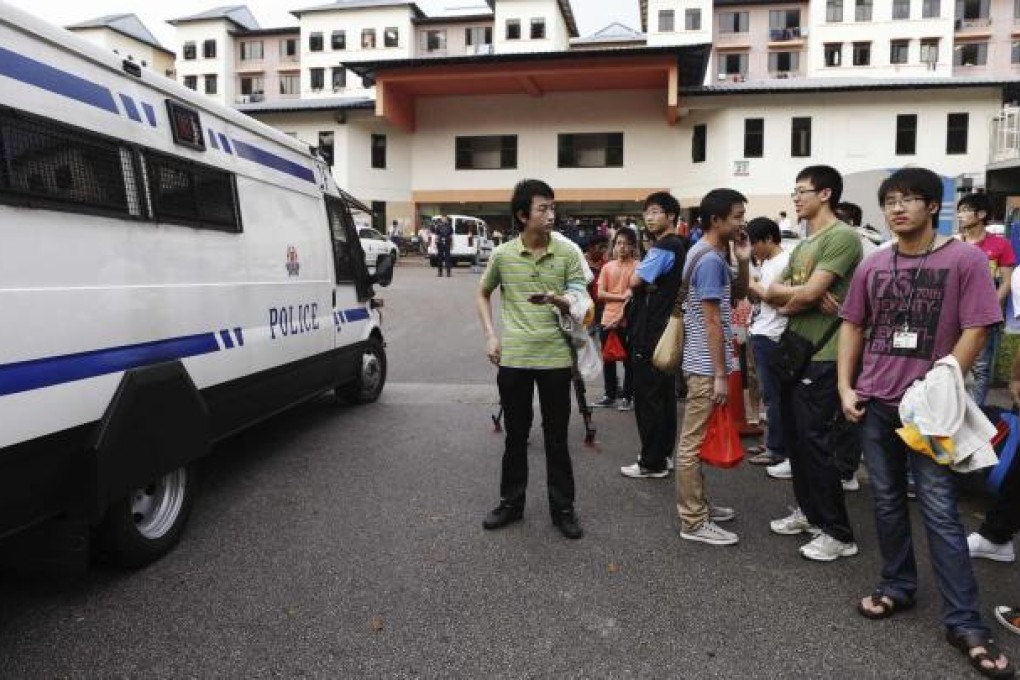Singapore strike a symptom of deeper woes
When Chinese bus drivers stopped work over a pay dispute, problems with immigration and a heavy-handed government rose to the surface

Singapore's first strike in more than 25 years has highlighted the strains on the nation as it copes with an influx of foreign workers and growing discontent.

Nearly all of the 171 striking drivers were back on the job after a government minister warned them they had "crossed the line". They went on strike on Monday in protest at being paid nearly a quarter less than Malaysian drivers who work for the same company.
SMRT, the nation's biggest underground railway operator, is also one of the two main bus service providers on the island.
Strikes are almost unheard of in Singapore, where the ruling party has been in power since 1959 and maintains strict control over political dissent. The last strike was in 1986 by shipyard workers.
The action may "stir up more unhappiness among the foreign workers," said Leong Chan Hoong, a research fellow at the Institute of Policy Studies in Singapore who has studied cross-cultural psychology. "This incident may actually encourage them to step forward and say, 'Hey, they've done it, the SMRT drivers have done it, maybe we can give it a try'."
The island of 5.2 million people relies on hundreds of thousands of immigrant workers from countries such as Indonesia, Bangladesh and China who work as maids, construction workers and other occupations deemed unappealing by Singaporeans.